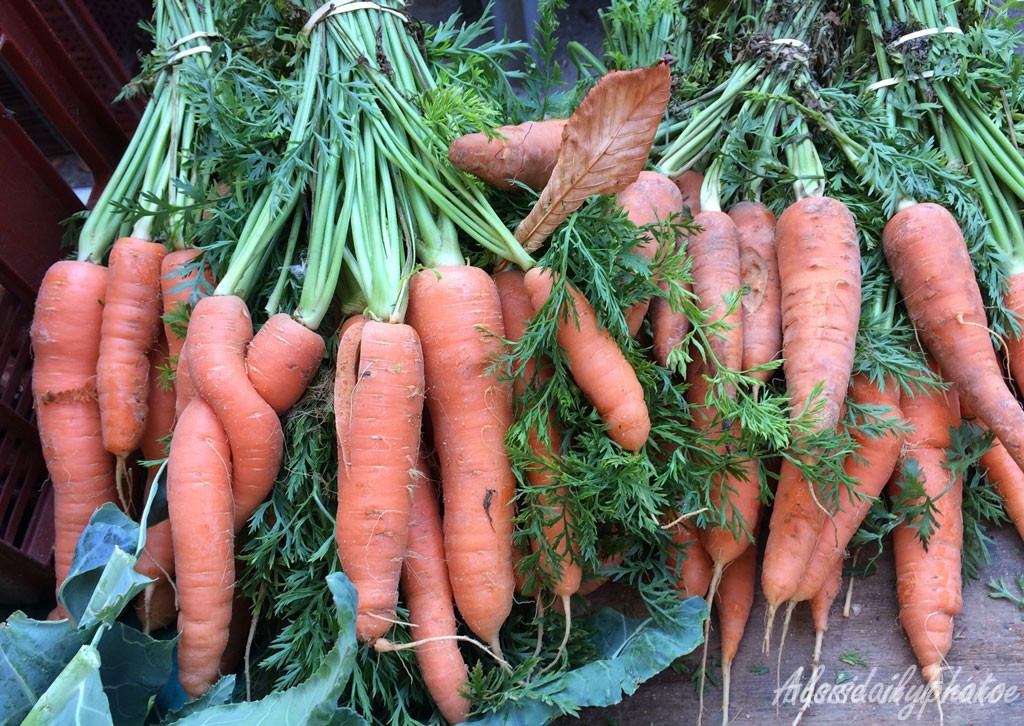“What’s a navet?” someone asked on Facebook this week. “It’s a film that’s a flop”, I answered. But a navet is actually a vegetable – a turnip in fact. So how did we get from turnip to a dud film? Good old expressio.fr came to the rescue.

Certain sources say you have to go back to the 13th century when the word was already used figuratively to indicate something that wasn’t worth much, perhaps because turnips are cheap and plentiful.
The meaning was never completely lost. “Des naveaulx”, a variant of the word “navet” in the 16th century, meant “not likely” or “nothing doing” and it was not until the mid 19th century that a bad painting was first called a “navet”. The expression was later extended to plays and films.
The French writer and language historian Duneton gives another explanation that isn’t incompatible with the previous one, at least with regard to its 19th century meaning.
In the Belvedere gardens in Rome, there was a statue of Apollo, that was for a long time considered to be a symbol of perfection.
But at the end of the 18th century, a group of young French artists disagreed and nicknamed it “le navet épluché” (the peeled turnip) due to its paleness and the long, smooth form of the limbs which don’t seem to have any muscles.
When the statue was transferred to Paris by Napoleon in 1798 (it has since been returned to Rome), its nickname followed it. In the mid 19th century the term was applied paintings and drawings that didn’t pass muster.
When the cinema came into vogue, the term “navet” was quite naturally used for films that were slapdash, of little interest or didn’t come up to the audience’s expectations.
Fruit and vegetables are used in a lot of expressions in French. I’ve already talked about prunes and aubergines.
Do you know any metaphorical uses of vegetables in French?




Intéressant, comme toujours tes remarques sur la langue française. Le légume qui me vient à l’esprit est “salade” : “panier à salade” désigne la voiture dans laquelle étaient transportés les prévenus, raconter des “salades” pour dire des bêtises voire des mensonges. Une autre expression : arrête de poireauter, les carottes sont cuites – n’attends pas, c’est fini ! Bonne fête de Noël.
Les carottes sont cuites, il n’y a plu rien à faire.
Je vais faire des recherches et faire un autre post. Je suis particulièrement curieuse de connaître l’origine de “poireauter”. Je n’avais jamais fait le rapport avec le légume 🙂
‘Qu’il s’occupe de ses oignons’ was a favourite of our elderly neighbour, in other words ‘Let him mind his own business.’
Although an apple is not a vegetable, there is also ‘tomber dans les pommes’ – to faint.
Can’t think of any more at the moment as my head is full of Christmas, but I do love the amorous carrots.
Merry Christmas Rosemary. 🙂
Very interesting about onions and apples. Shall write another post very soon.
Hope your Christmas went well!
An interesting root for the word.
Merry Christmas to you!
It is, isn’t it?
Merry Christmas to you too William.